In early June, while preparing an application to the Global Fund, we already wrote about the crisis situation in Moldova. At the last National Coordination Council (NCC)’s meeting a number of procedural violations were committed: non-compliance with the agenda, misinterpretation of the conflict of interest policy with explicit availability, letting NCC non-members to participate in the voting process, decision-making with insufficient votes (10 of 28 votes, when minimum of 2/3 needed for making legitimate decisions), ignoring the opinion of 6 NGOs (out of 7 in the NCC).
The situation is critical and its consequences shouldn’t be underestimated. In context of violations committed, Moldova risks losing funding of 7.1 million euros for 2018-2020.
To make situation clear and objective, we gathered opinions on what is happening from different EECA countries’ experts. That’s what they say:
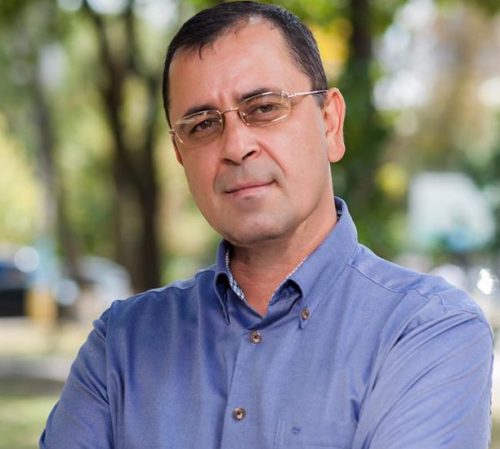
Vladimir Zhovtyak, President of ICO “East Europe and Central Asia Union of People Living with HIV” – ECUO (EECA):
«The situation is complicated, and current incident is extremely indicative for the whole region.
First, we observe a situation where several procedures violation in NCC coordinated work are accompanied with propaganda of ignoring position of 6 NGOs expediency. In such a statement, we can see that civil society’s (CS) rights to access HIV / AIDS care continuum are realized with initial violation.
Second, NGOs representatives were delegated by CS to advocate their rights in NCC*. But if their opinion is not taken into account and NCC’s routine procedures are grossly violated, then transparency of decision-making process itself is not respected and there is a risk of losing GF HIV / AIDS programs support for country as a whole.
(*Extract from the letter to NCC of Moldova dated July 4, 2017: “The updated list of members with voting rights or delegated votes was not announced, which contravenes the provisions of the Government Decision No.825 of 3 August, 2005, as well as Operational Manual provisions. The NCC non-members who have no voting rights were allowed to vote. The meeting was attended by unknown participants who did not introduce themselves and did not justify their presence based on any power of representation. Finally, the decision was adopted with insufficient number of votes, i.e. 2/3 of votes of present members, because 10 out of 26 votes accounts for 35.7%”. The letter was signed by 6 NGOs members of the National Coordination Council – League of people living with HIV/AIDS, Union of NGOs active in HIV/AIDS Prevention and harm reduction, Gender DocM, Platform of Organizations active in TB Control, Soros Foundation Moldova and Centre PAS.)
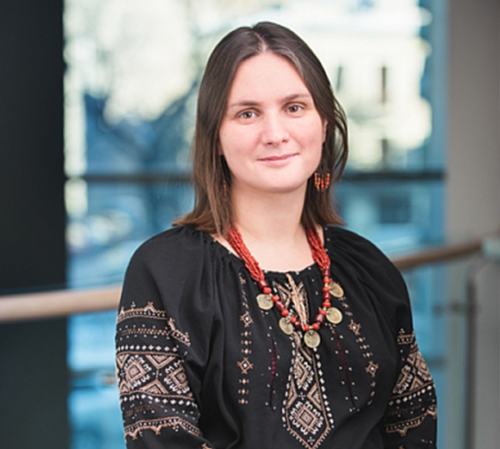
Anna Dovbakh, Acting Executive Director at Eurasian Harm Reduction Network (EECA):
“All, NGOs, communities, and the state, have the same proclaimed goals: to ensure sustainability of HIV care continuum services for vulnerable groups in conditions of reduced GF financing. It is good that funding extension application from Moldova declares state funds for HIV care continuum services to vulnerable groups, including harm reduction. While building services sustainability mechanisms it would be wise to rely on very strong and coordinated NGOs and communities, the main providers of services for vulnerable groups and the main potential of technical expertise in the republic. It is a pity that in the decision-making process on the main GF program indicators we failed to organize a full-fledged discussion and reach a consensus with the leaders of communities and NGOs. But we hope that wisdom and a common understanding of goals will win, and we’ll be able to establish a constructive dialogue and further work to ensure the survival of services for those in need”.
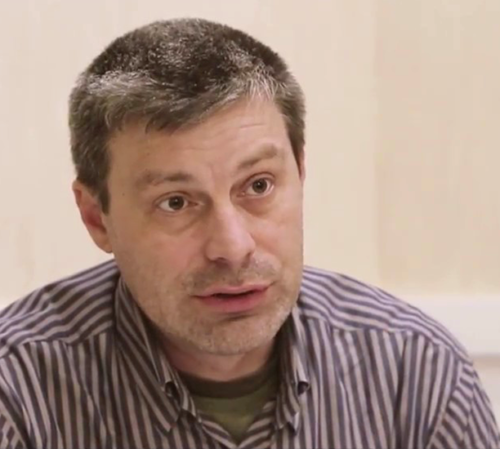
Vladimir Mayanovskiy, Chair at Coordination Council of All-Russian Public Organization “Union of PLWH” (Russia):
“All-Russian Public Organization “Union of PLWH” is concerned about the situation with Moldovan CS’ exclusion from decision-making process. This precedent completely violates the GIPA principle. From our side, we strongly support and share the opinion of Moldovan CS about inadmissibility of such a situation, and suggest to write letters from ECUO to NCC of Moldova and GF.”
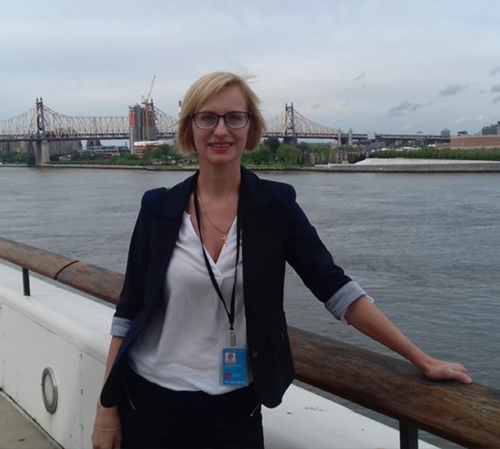
Alena Khadanovich, Member of the Board at Republican NGO
“Belarusian Community of PLWH”, alternate in current CCM (NCC) membership, expert in access to treatment monitoring (Belarus):
“As PLWH and ECUO community representative, I consider such methods of Moldova’s state officials’ work inadmissible. The lack of transparency between state officials and CS in the processes of discussion and formation of application to the GF, and ignoring of CS in further can influence (not in the good way) on both the HIV-positive people treatment and services restriction to key populations.”
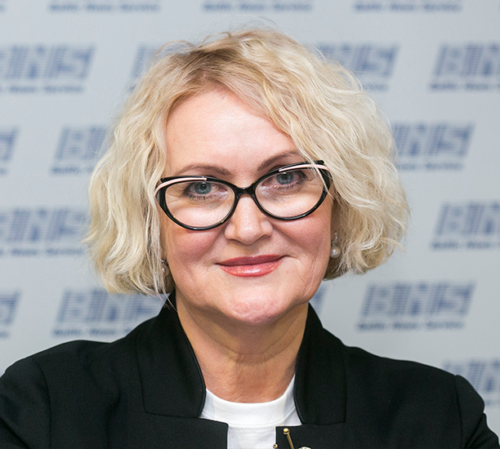
Svetlana Kulsis, Director at Association of “Demetra” (Lithuania):
“The Association of “Demetra” is concerned and expresses a lack of understanding to Moldovan state official’s actions that directly ignored CS and excluded it form decision-making process related to the formation of application to the Global Fund. The Global Fund historically supported CS participation in the formation of national policies, so it will pay attention to this situation and give it an adequate assessment. From our side, we strongly support and share Moldovan CS’s opinion on the inadmissibility of procedural violations.”
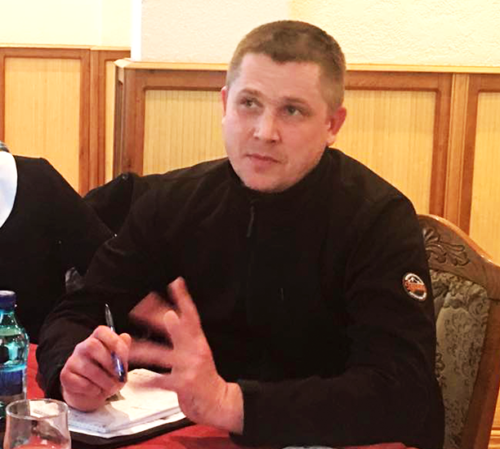
Oleg Dymaretskiy, Director at CO “Merydian” (Ukraine):
“Ukraine recently had the same process of filing country application to the GF for 2018-2020. At the very beginning the script should have been the same. One main (state) recipient with participation of community representatives. Indeed, the most developed community in Ukraine is the Network 100% Life. While working on application, it became clear that the views of key populations were not taken into account in a transparent dialogue and the decision about this could not be considered objective. So, procedures were revised with the involvement of observers, such as UNAIDS and GF by itself with technical assistance for a constant review of application. To conduct revising issues, a working group of 78 people was created, consisting of all stakeholders with next leaders: MOH, prevention and services organization (Alliance and the All-Ukrainian Network of PLWHA). In the course of work in this format, an informed decision was made about three recipients instead of one and this is the insurance against risks.
As far as I know, not all CS opinions in Moldova were taken into account, and not all NGOs took part in discussion. I observe the comments and I understand that the application went without mentioned CS opinions and transparent dialogue with all stakeholders. This is a risk for country related to a quality transition to state guarantees on the problems of drug addiction, HIV, TB and social diseases.
Our organization Merydian took part in 4 working groups in Ukraine and asks Moldovan community to rethink and revise the approach to process registration. The participation of all stakeholders stimulates services improvement and introduction of innovations; promotes the coverage of more people and, most importantly (through mobilization and integration), will insure the transition to state leadership in the processes of stopping HIV / TB / drug addiction.”
You can comment here: https://www.facebook.com/ICO.ECUO/ or mail pr@ecuo.org.
18.07.2017
